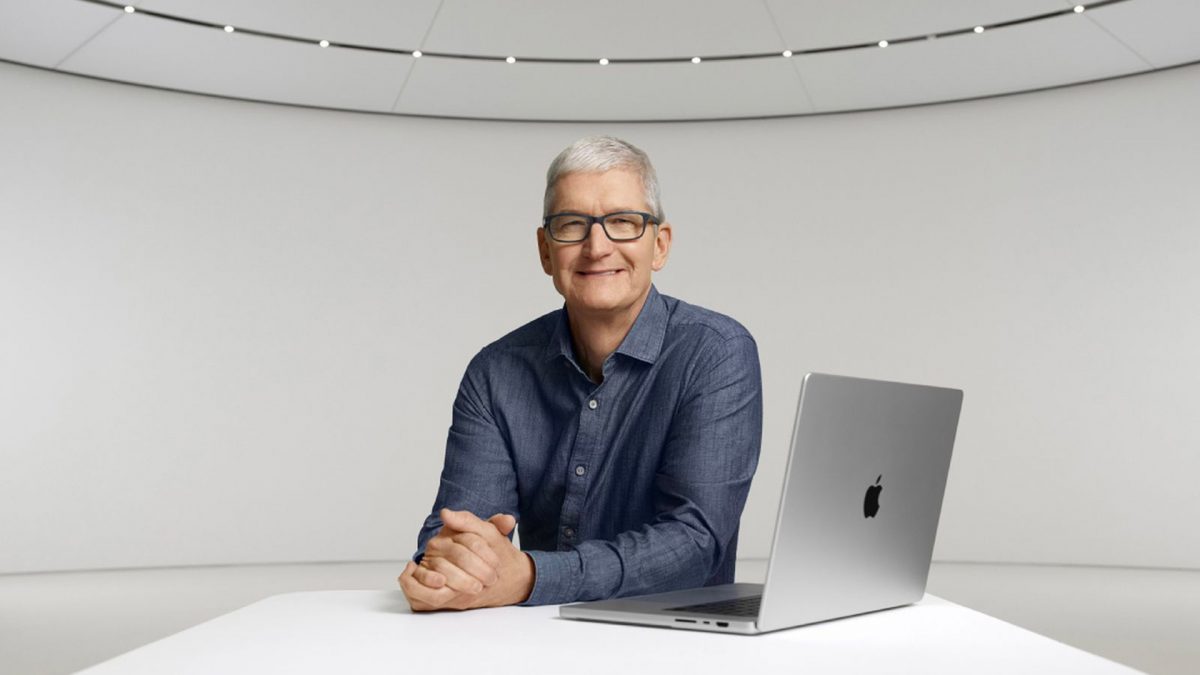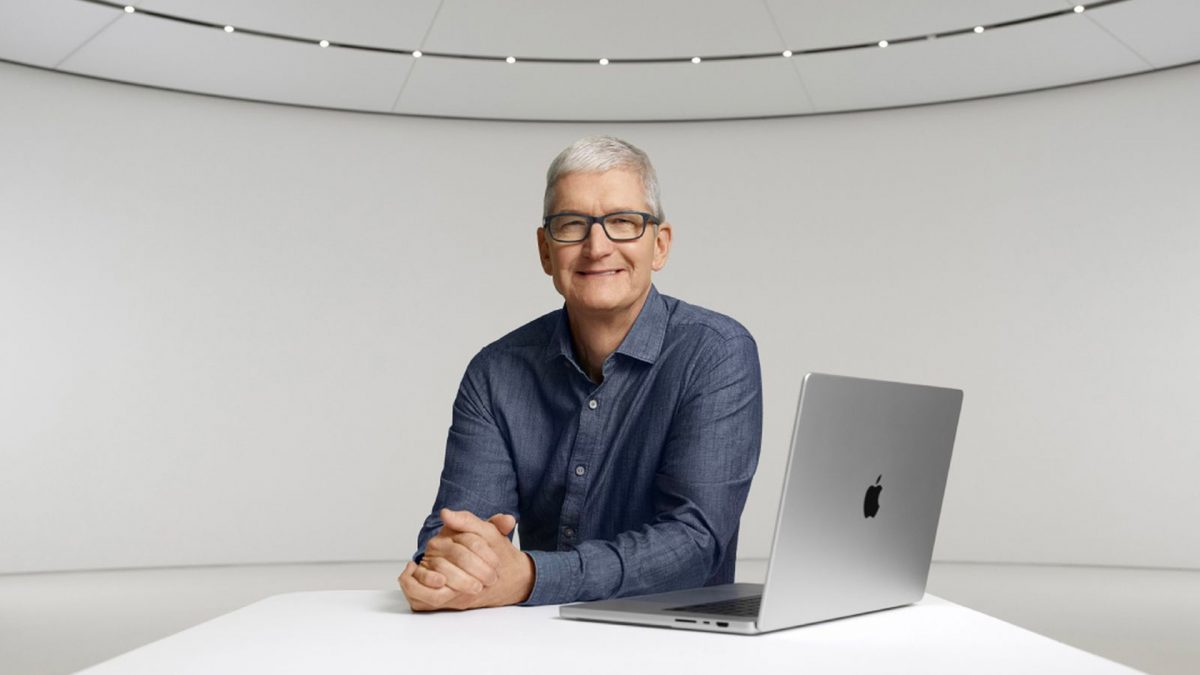We have seen them on the App Store, those raggedy old apps which developers have left to rot without any updates for years. Installing most of these would normally throw up a message saying. “The developer of this app needs to update it to improve its compatibility”. Turns out, this was not enough with iOS 10 and Apple’s planning to put its foot down with the upcoming iOS 11 update.
According a report by Apple Insider, the recent iOS 10.3 beta is throwing up a pop-up messages upon opening older apps that reveals Apple’s plans to move away from the older, 32-bit apps entirely with the next update.
The new message that seems to pop up upon opening an old, 32-bit app reads, “This app will not work with future versions of iOS. The developer of this app needs to update it to improve its compatibility.”
While Apple was simply giving warnings to developers with earlier versions of iOS, the tech giant now seems to have had enough and will literally make all of these app inaccessible with the coming software updates.
Developers have had plenty of time to upgrade their apps to be compatible with 64-bit chipsets, which were first introduced in 2013 with the iPhone 5s. While many developers did go ahead and update their apps to be compatible with the newest iPhone (back then), the are still plenty who have not.
Unlike Android, Apple, which is known to be eerily close to its developer community, also plays the role of a strict mom. Back in 2015 Apple made it a compulsory for developers to support 64-bit chips when it came to new app submissions. The withdrawing support for older, legacy apps entirely makes plenty of sense for developers and users.
Maintaining backwards compatibility is expensive, and without enough attention, security vulnerabilities also sneak in. We’d also like to point out that Apple is in the habit of supporting legacy hardware much longer than any other smartphone maker out there, including Google.
With enough news about the iPhone 7s, the 7s Plus and the tenth anniversary iPhone X model in the rumour mill, it is easy to conclude that Apple does have something up its sleeves. While the iPhone X is expected to feature a completely new display without the home button at the bottom, we should expect some tweaks to show up once Apple announces iOS 11 at the WWDC in June.


)




)
)
)
)
)
)
)
)